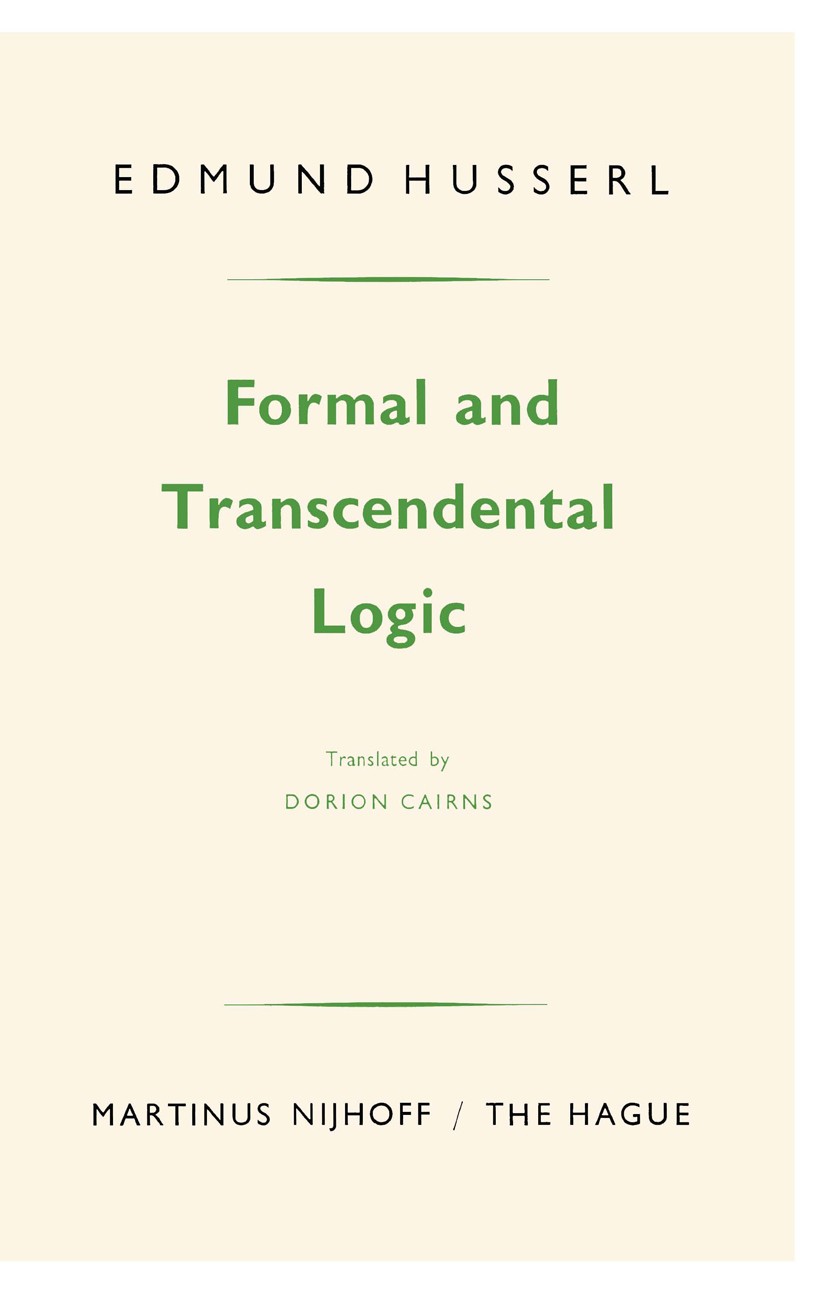| 书目名称 | Formal and Transcendental Logic | | 编辑 | Edmund Husserl | | 视频video | http://file.papertrans.cn/346/345967/345967.mp4 | | 图书封面 |  | | 描述 | 2 called in question, then naturally no fact, science, could be presupposed. Thus Plato was set on the path to the pure idea. Not gathered from the de facto sciences but formative of pure norms, his dialectic of pure ideas - as we say, his logic or his theory of science - was called on to make genuine 1 science possible now for the first time, to guide its practice. And precisely in fulfilling this vocation the Platonic dialectic actually helped create sciences in the pregnant sense, sciences that were consciously sustained by the idea of logical science and sought to actualize it so far as possible. Such were the strict mathematics and natural science whose further developments at higher stages are our modern sciences. But the original relationship between logic and science has undergone a remarkable reversal in modern times. The sciences made themselves independent. Without being able to satisfy completely the spirit of critical self-justification, they fashioned extremely differentiated methods, whose fruitfulness, it is true, was practically certain, but whose productivity was not clarified by ultimate insight. They fashioned these methods, not indeed with the everyday man‘s na | | 出版日期 | Book 1969Latest edition | | 关键词 | concept; formal logic; logic; phenomenology | | 版次 | 9 | | doi | https://doi.org/10.1007/978-94-010-1111-2 | | isbn_softcover | 978-90-247-2052-1 | | isbn_ebook | 978-94-010-1111-2 | | copyright | Matinus Nijhoff, The Hague, Netherlands 1969 |
The information of publication is updating

|
|
 |Archiver|手机版|小黑屋|
派博传思国际
( 京公网安备110108008328)
GMT+8, 2026-1-28 03:10
|Archiver|手机版|小黑屋|
派博传思国际
( 京公网安备110108008328)
GMT+8, 2026-1-28 03:10


